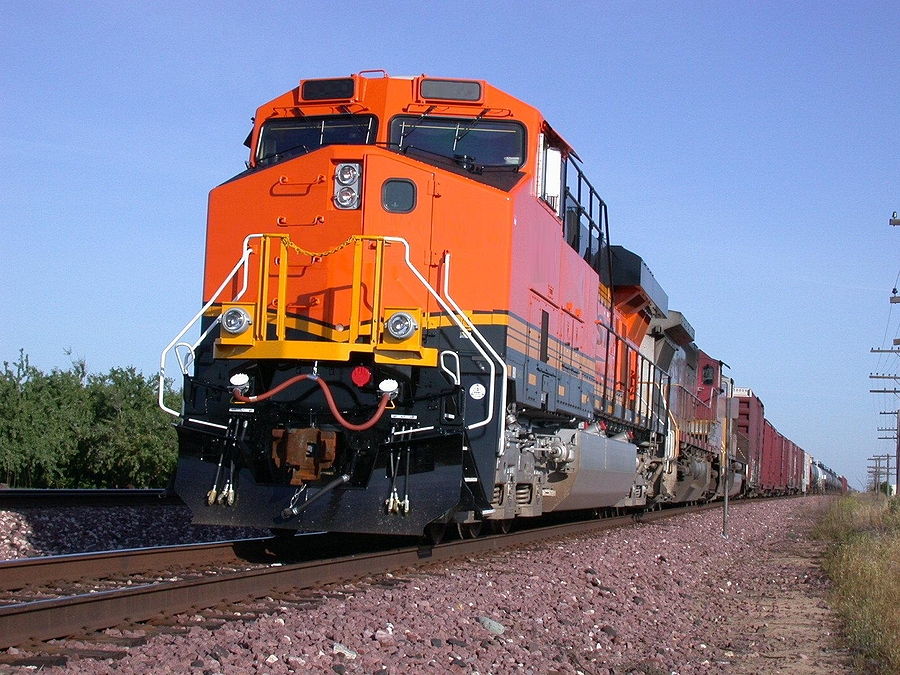Sens. Casey, Fetterman, and Brown Introduce Railroad Accountability Bill

As people in Ohio and Pennsylvania still deal with the aftermath of the Norfolk Southern derailment, where railcars carrying toxins overturned, Pennsylvania Sens. Bob Casey and John Fetterman and Ohio Sen. Sherrod Brown, all Democrats, introduced the Railway Accountability Act. They and Sen. J.D. Vance (R-Ohio) introduced the Railway Safety Act earlier this month.
Vance did not respond when asked why he had not signed on to the Railway Accountability Act. Fetterman, who spent six weeks hospitalized for depression, was working from the hospital, his staff said.
He is expected to be back in the Senate on April 17.
Issues addressed by the Railway Accountability Act include broken rims, a leading cause of derailments; brake inspections when trains are not moving; more transparent safety information; ensuring emergency brake signals function properly: and requiring major railroads to report close calls to a confidential system.
“Too many communities in Pennsylvania and nationwide have suffered from catastrophic train derailments. The Railway Accountability Act would implement additional commonsense safety measures to help prevent these disasters in the future,” said Casey. “Along with the Railway Safety Act, this bill will make freight rail safer and protect communities from preventable tragedies.”
Labor unions, including the Transport Workers of America (TWU), the National Conference of Firemen & Oilers (NCFO), and the International Association of Sheet Metal, Air, Rail, and Transportation Workers-Mechanical Division (SMART-MD) support the legislation.
Norfolk Southern did not respond when asked to comment.
“The legislation is unlikely to help,” said Iain Murray, vice president of the Competitive Enterprise Institute. “It includes things like minimum crew member sizes that research has been unable to show any safety benefit from. However, what is likely is that the bill will do several things probably detrimental to safety, like concentrating hazardous materials on fewer trains, making derailments – which are still likely to occur – more dangerous. Shippers might also prefer to ship by road rather than slower trains, and we do know for a fact that shipping hazardous materials by road is more dangerous than shipping by rail, even under current standards.”
The earlier bipartisan Railway Safety Act included enhanced safety procedures for trains carrying hazardous materials, requiring wayside defect detectors, requiring that railroads operate trains with at least two-person crews, and increasing fines for railroads found to have committed wrongdoing, according to a press release.
Pennsylvania lawmakers held hearings into what happened when the Norfolk Southern train derailed just across the state line in East Palestine, Ohio, on February 3. Recently, state Senate Veteran’s Affairs and Emergency Preparedness Committee members grilled Norfolk Southern CEO Alan Shaw.
Residents have said exposure to toxic chemicals during a controlled burn has caused various health issues. There are also concerns about water pollution and chemicals that rained down onto the soil where crops are grown.
Shaw has promised to help the residents in both states affected by the accident. “I am determined to make this right,” he said at the hearing. “Norfolk Southern is determined to clean the site safely. We’ll get the job done and help these communities thrive.”
Please follow DVJournal on social media: Twitter@DVJournal or Facebook.com/DelawareValleyJournal


